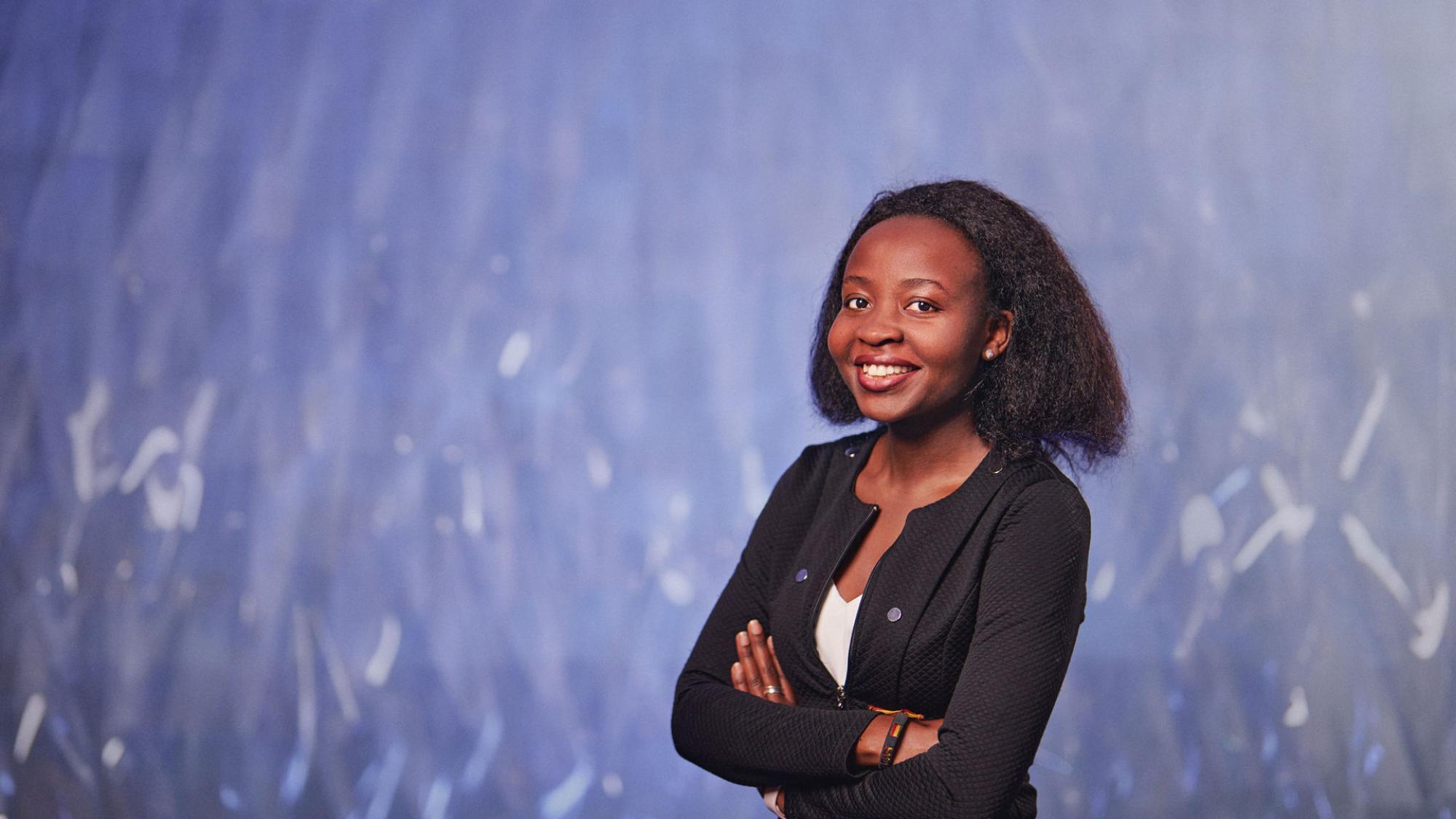Sustainable Hydropower in the Arctic

Christine Kaggwa Nakigudde, a doctoral researcher at the University of Oulu’s Water, Energy and Environmental Engineering Research Unit, is at the forefront of Arctic hydropower research. With a background in hydropower development and engineering, she is now in her third year of PhD studies, focusing on the complex interplay between river regulation, climate adaptation, and ecological sustainability in Arctic regions.
Her current research centers on the Oulujoki River in Northern Finland, a heavily regulated waterway with 17 hydropower plants. “We look at the entire river system, from upstream to downstream,” Nakigudde explains. “Each plant has different owners and regulation dynamics, and the river also includes regulated lakes that are culturally and recreationally significant.”
The Oulujoki River serves as a case study for broader questions about how Arctic rivers are managed in the face of climate change. Nakigudde’s work examines snowmelt dynamics, hydropower regulation policies, and the future impacts of warming temperatures on river systems. “It’s a balancing act,” she says. “Hydropower is a renewable energy source, but we must also consider river connectivity, fish migration, and the needs of local communities.”
Nakigudde is part of the ReHydro project, a collaborative effort involving researchers from the University of Oulu, Umeå University in Sweden, and Luleå University of Technology. The interdisciplinary team brings together expertise in climate adaptation, river ecology, and ecohydrodynamics. “We work at different scales,” she notes. “I focus on the river network as a whole, while others study fish dynamics at a micro level. Together, we build a comprehensive understanding.”
Recently appointed as an Arctic Six Chair Fellow, Nakigudde sees the fellowship as an opportunity to deepen cross-border collaboration. “The Arctic region spans Finland, Sweden, and Norway, where hydropower plays a major role,” she says. “I’m excited to connect with researchers across disciplines and geographies to explore sustainable hydropower regulation.”
Looking ahead, Nakigudde hopes to contribute to new models for managing Arctic rivers that are both ecologically sound and energy-efficient. “As an early-career researcher, this fellowship is a chance to grow, learn, and share knowledge,” she reflects. “It’s about building networks that can shape the future of Arctic sustainability.”